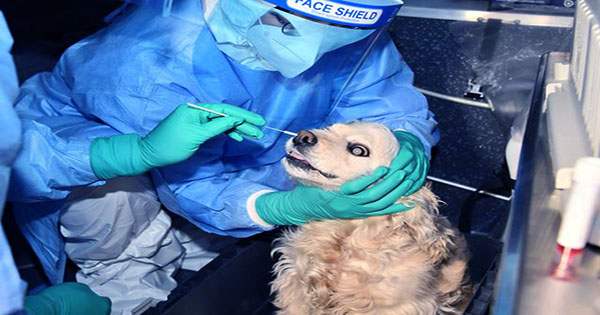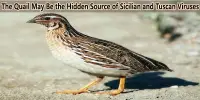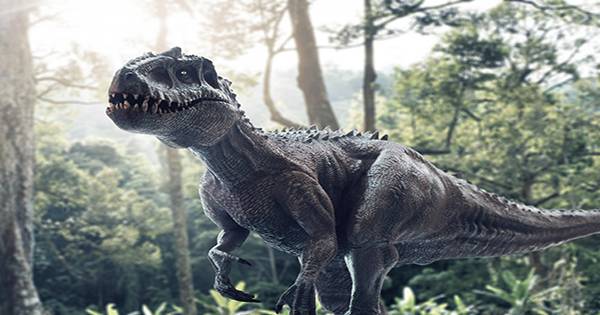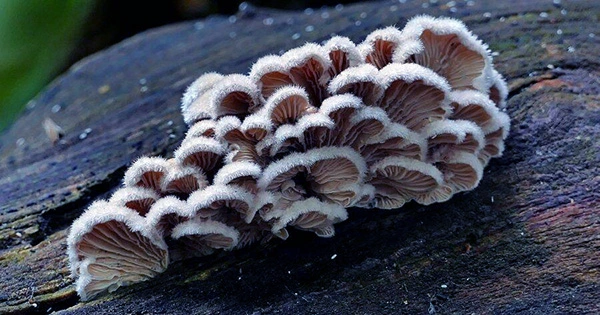New highly contagious variants of SARS-CoV-2 are spreading like wildfire in many parts of the world, rapidly becoming one of the most influential strains of the virus. It turns out that these subtle mutations create problems not only for humans, but also for other groups of animals. In a new development, researchers have discovered a possible link between Bills and dogs infected with the UK variant B.1.1.7 and the risk of myocarditis, a risk factor for heart muscle inflammation.
Another breakthrough, another team of scientists discovered that new forms could infect rats, in contrast to the original strain of the virus that could not cause disease in rats. Both studies are preliminary prints, meaning they have not yet been peer-reviewed, but the new variants highlight the way in which the COVID-19 epidemic is taking shape in strange and interesting ways.
Earlier this month, scientists at Texas A&M University recorded that a dog and a cat from the same family in Brazos County had infected by the UK variant of Stork-Cove-2 (B.1.1.7), which first thought to be animal. Stork-covi-2 infection has seen in cats and dogs before. In March 2020, it revealed that both cats and dogs could test positive for Stork-Cavi-2, although they did not appear to be very ill with the disease. However, veterinarians at a pet hospital in the southeast of England are now highlighting the interplay between varicose veins in the UK and myocarditis-induced pneumonia.
They observed that at the same time witnessing the initial emergence of the B1.1.7 variant of the United Kingdom at the same time a large number of dogs and cats infected with myocarditis. After noticing this trend, they examined eight cats and three dogs. Although none had a prior history of heart disease, lab tests revealed cardiac abnormalities. They discovered that most owners of these pets with myocarditis developed or tested positive for COVID-19 within 3-6 weeks of their pet becoming ill.
Seven animals were tested polymerase chain reaction (PCR) and infected with three B-1.1.7 variants. Three more have reported to have antibodies to SARS-COV-2, which previous tests suggest could lead to results that are more positive. Researchers are interested in pointing out that their research, which is available to read the preprint server bioRxiv, should not spread panic. For now, they have only found a lazy relationship, not a causal link – but they have argued that the relationship between the new looks in the UK and the infection of pets must further investigate.
















